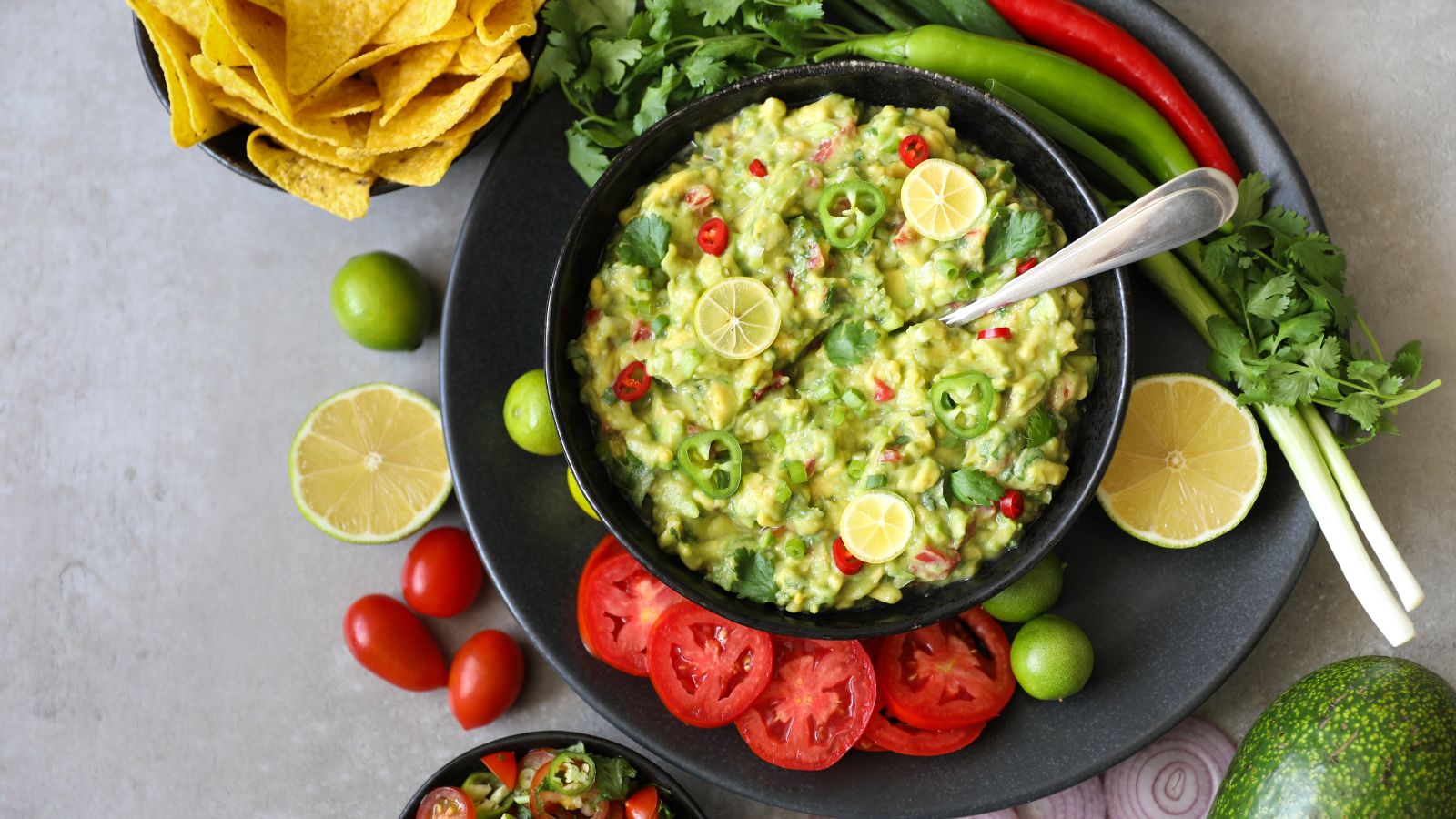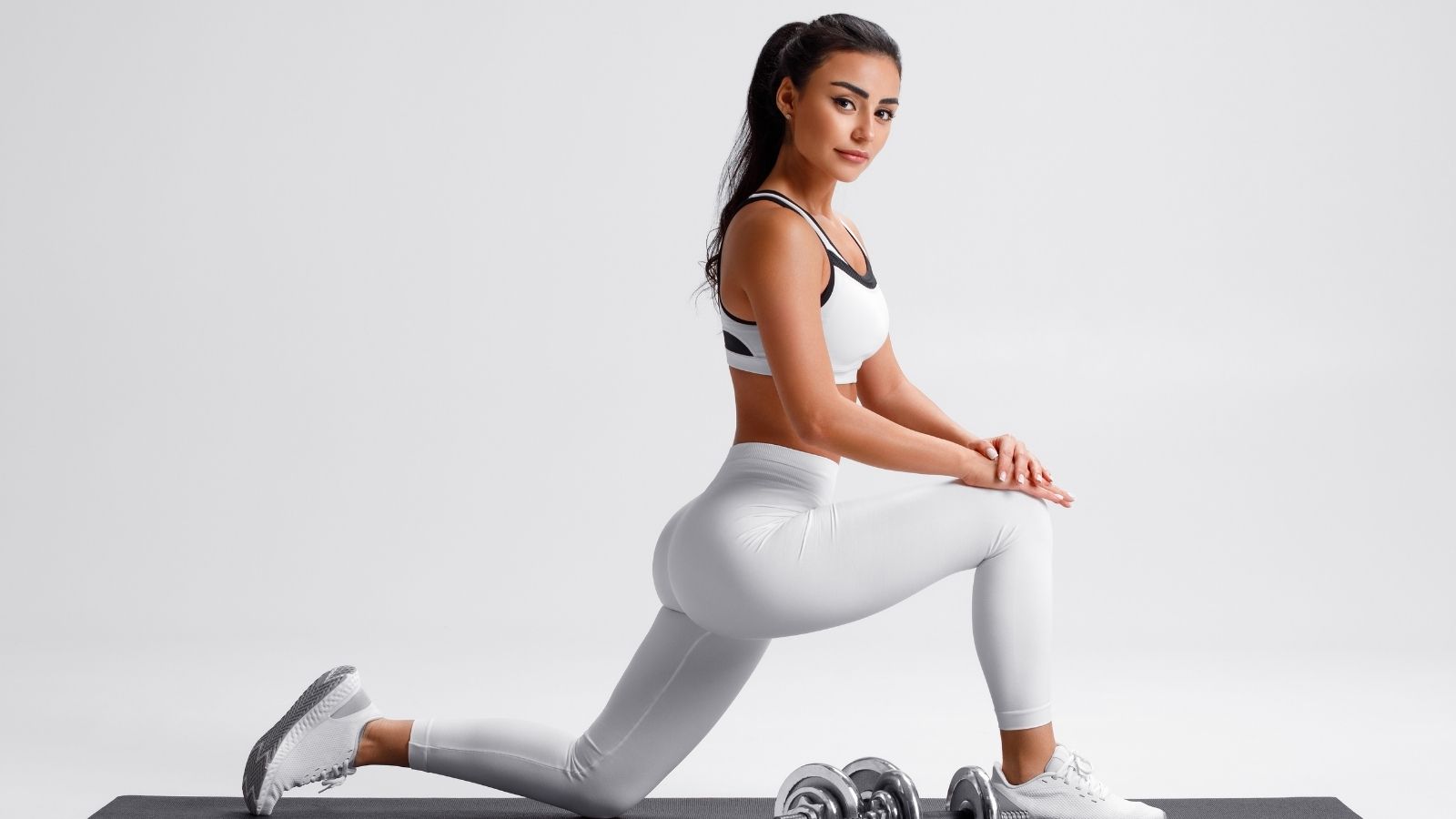Sports is all about physical fitness and health, which greatly depend upon one’s nutritional habits. Athletes have to maintain a high level of fitness, as their performance is directly proportional to their health. World-class athletes mostly follow a particular diet plan that helps them maintain good health and performance.
Let’s explore the lifestyles of athletes that help them achieve their goals.
Personalized Nutritional Plans

Every body type is unique, and its nutritional requirements vary. Personalized diet plans are crucial for achieving specific fitness and performance goals. Athletes often have personal nutritionists who create tailored plans, considering their medical conditions and nutritional needs. This approach helps athletes attain their desired body type, enhancing their performance and elevating them to world-class status.
Hydration strategies

Water is essential for human survival and well-being, as our bodies comprise up to 60% water. Athletes must follow specific hydration strategies, including water intake during and after training. These strategies also involve consuming electrolyte-rich beverages, which help maintain electrolyte balance during and after training and competitions.
Whole food focus

The primary focus of athletes is always on consuming nutrient-rich, unprocessed whole foods. An athlete’s diet typically includes raw fruits, vegetables, lean proteins, healthy fats, and whole grains. These food choices are beneficial because they provide essential vitamins, minerals, and antioxidants.
Proper meal timings

Meal timings are crucial for optimal training and performance. Pre-workout and post-workout meals help maintain energy levels. Athletes typically consume proteins and carbohydrates during training to maximize their energy levels.
Mindful eating

The coordination between the mind and eating habits is crucial for a healthy body. Most athletes practice mindful eating, which helps them achieve the physical fitness required for their sport. They pay close attention to what and when they eat, leading to healthier choices and better digestion.
Balanced Macronutrients

Creating a balance in macronutrient intake is crucial for athletes. They closely monitor their intake of proteins, carbohydrates, and fats to maintain energy levels for workouts and support muscle repair. Macronutrients are essential for the proper functioning of the body and muscle gain. This careful tracking helps them optimize their performance and achieve their fitness goals.
Supplements

Maintaining a healthy lifestyle is critical to an athlete’s success, but adding supplements to the diet can provide an extra boost. Various supplements, such as protein powder and omega-3s, are available on the market. These supplements help fill nutritional gaps and enhance performance, aiding athletes in achieving world-class status. However, it’s essential for athletes to consult with a nutritionist to ensure they are taking the right supplements in appropriate amounts.
Smart snacking

While snacks are often considered fun foods, they are a critical part of any diet. Smart snacking between meals can be a game changer. Healthy snack options include yogurt, fruits, and nuts. These snacks help boost energy levels and prevent dips in performance. Incorporating them thoughtfully into your daily routine can support sustained energy and optimal athletic performance.
Adaption according to training type

Strategically designing a diet that matches the training routine and kind is crucial. During heavy training periods, athletes should increase their carbohydrate intake to aid in recovery and maintain balance. Primary nutrition needs vary depending on the type and timing of training, making tailored nutrition essential for optimal physical fitness and performance. Adjusting dietary strategies based on training demands helps maximize effectiveness and support overall athletic goals.
Education and social support

Becoming a world-class athlete involves more than individual effort; it requires a supportive team. This team typically includes coaches, nutritionists, and fellow athletes who share valuable health-related tips and guidance. Collaboration and shared knowledge play a crucial role in achieving and maintaining peak performance.
Nutritional recovery

Athletes undergo intense training routines, spending much of the day training. Therefore, a well-planned nutritional strategy is essential for recovery, focusing on muscle gain and maintaining ideal body weight. The diet should include a balance of proteins and carbohydrates, as this supports muscle repair and glycogen replenishment.
Conclusion

A healthy and nutritionally rich diet is integral to an athlete’s training and performance. Mindful eating, appropriate supplements, a balanced diet, and expert guidance are essential for achieving fitness goals and optimal performance. Athletes who prioritize their nutrition not only enhance their performance but also ensure long-term health and success in their sports careers.
